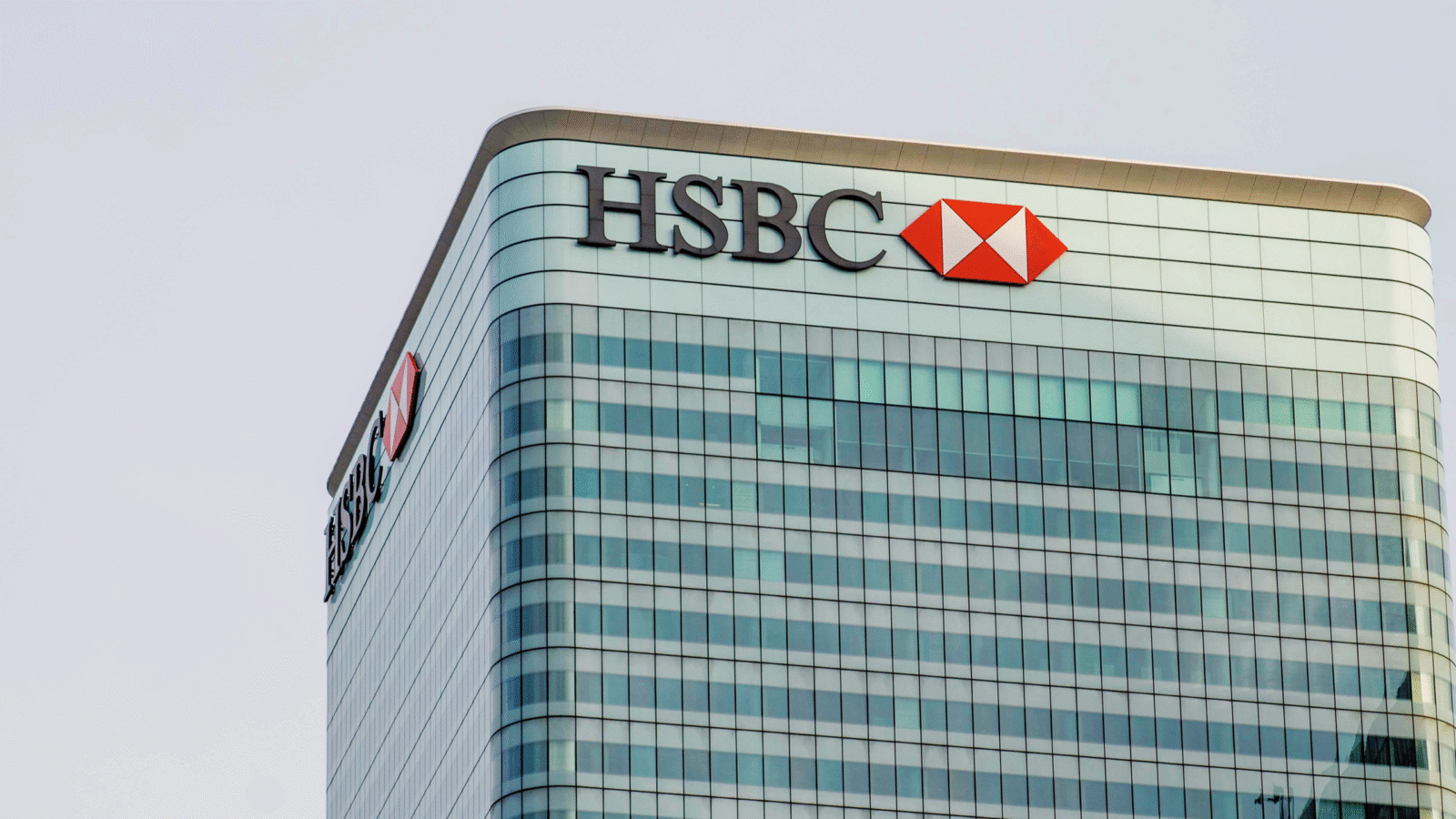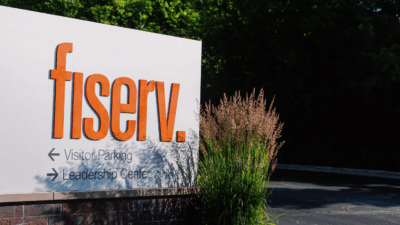
Sign up for smart news, insights, and analysis on the biggest financial stories of the day.
It’s not every day that the takeaway from a story is that a banker has done objective, uncontroversial good for the world. That day has come.
On Wednesday, Capital One announced it’s eliminating overdraft banking fees, making it the largest US bank to end a practice that disproportionately impacts people trying to make ends meet. In the process, Capital One will surrender about $150 million in annual revenue.
The Heat of a Thousand Fintechs
A banking industry standard, overdraft is a lifesaver and a pain — borrowing a few hundred dollars when an account is empty can help someone in a tough space survive, but it also costs retail banking customers hefty fees up to $35 per use.
Consumer advocates have pressed banks to drop the practice of overdraft fees for years, and the emergence of fintech players in digital banking – many of which charge no fees at all — has amped up the pressure. Ally Bank announced it was dropping overdraft fees earlier this year, citing the impact they have on low-income people:
- In a 2017 analysis, the Consumer Financial Protection Bureau found that frequent overdrafters accounted for just 9% of bank accounts but paid 79% of all overdraft and non-sufficient fund fees.
- Banks, on the other hand, have made a killing on the fees, including $31.3 billion last year according to Moebs Services — though that was down 10% from $34.6 billion in 2019.
Noble Sacrifice: “This move by Capital One will have tremendous benefits for the most vulnerable consumers,” said Lauren Saunders, associate director of the National Consumer Law Center. Capital One made $131 million from service charges and customer fees in the first nine months of 2021. The bank, which has $425.4 billion in assets or enough to put it among the 10 largest American retail banks.
Call in the Press Officer: CNBC asked America’s four biggest banks — JP Morgan, Bank of America, Wells Fargo and Citi — if they were considering dumping overdraft fees. Only Wells Fargo responded with a generic statement about how they “continue to evaluate our products and services.”











